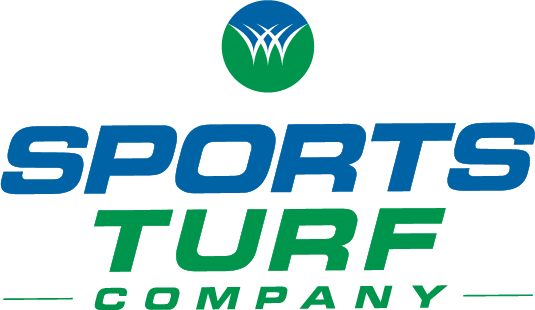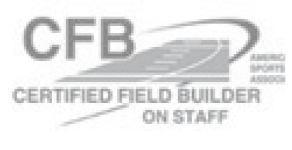Wesleyan School Forging New Direction with High-Performance Natural Grass Field
In recent years, many schools and athletic programs throughout Georgia have chosen to install artificial turf fields to overcome drainage and compaction issues caused by excessive traffic on the playing field. However, there are several innovative technologies and solutions that can enhance natural grass fields while optimizing the integrity and performance advantages of a pristine natural grass field.
Wesleyan School, located in Peachtree Corners, Georgia, has always maintained natural grass fields at a high level but were facing drainage issues in their current stadium field. Sports Turf Company had the solution for Wesleyan School, a high-performing natural grass field with a sand-based rootzone and full underdrain system to combat their drainage issues and excessive wear and tear.
Wesleyan considered a number of sports construction companies to replace its previous natural field. Sports Turf stood out because of its natural grass experience, capabilities and overall understanding of the school’s needs and wants for the new field. Sports Turf worked with Wesleyan to give them an acceptable budget that offered the highest value by providing insights into savings without compromising the quality of the field.
Sports Turf installed TifTuf Bermuda, which is the latest “Tif” release from the University of Georgia turfgrass breeding program. After two decades of rigorous testing, this drought-resistant turfgrass proved to be 38 percent less water than other varieties. TifTuf’s growth allows for faster establishment and quicker recovery compared to other Bermuda grasses making it the leading sports field product. It has an attractive bright green color that holds its color late into the fall and comes out of dormancy earlier than other turfgrasses.
Along with the TifTuf installation, Sports Turf designed a full underdrain system, sand-based rootzone and irrigation system. The TifTuf Bermudagrass was installed to increase the durability of the multipurpose facility and to help move water away at a faster rate through the underdrain and rootzone systems. This elite natural grass field can receive a large amount of rain and traffic while remaining playable all season.
“I applaud Wesleyan for bucking the trend of artificial turf that we have seen in many recent projects,” said Sports Turf Company President Todd Wiggins. “The water used for the field is not supplied by a municipal source nor a well. What water mother nature does not provide, the field gets from irrigation supplied by the campus detention pond, which speaks to the environmental stewardship of Wesleyan’s overall campus design.”
Wesleyan’s detention pond collects all of the runoff which is used to supply the entire campus’ irrigation system. There are no runoff issues because all of the rainwater is captured and reused. Whatever is not actively used by the field, goes back into the detention pond. The TifTuf solution combined with the school’s rainwater collection system captures the impurities that would normally runoff to streams or nearby rivers. Overall, natural grass fields are environmentally friendly as they enhance groundwater recharge, provide erosion control and reduce playing field surface temperatures. There is not any recycling needed throughout the entire field installation process since the surface is natural.

.png)









